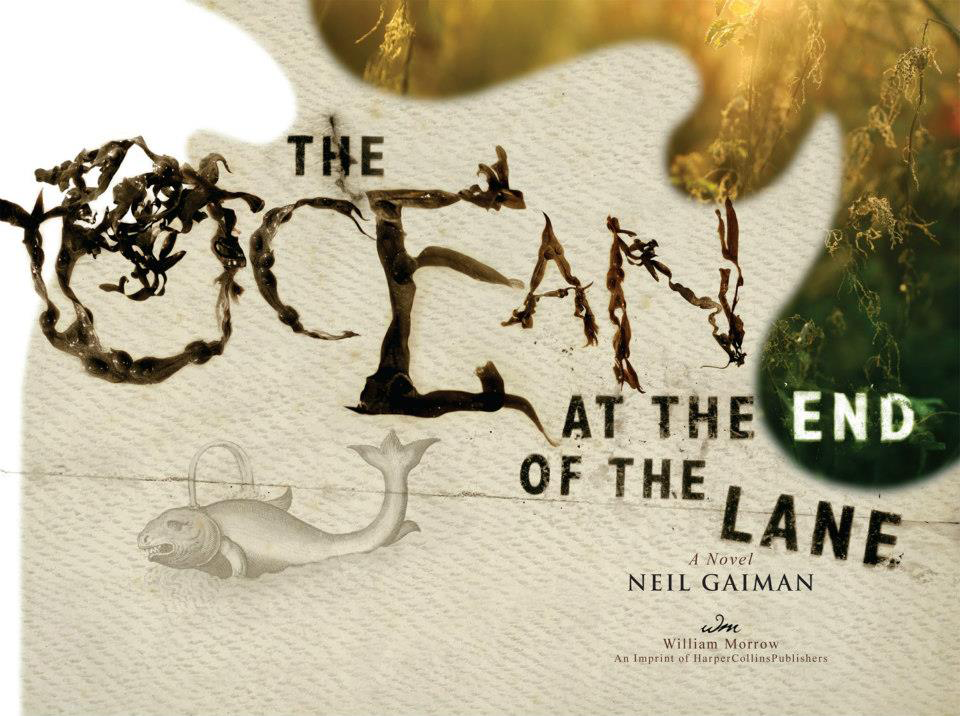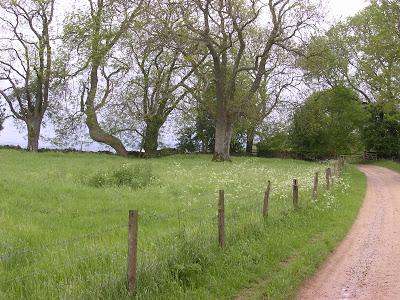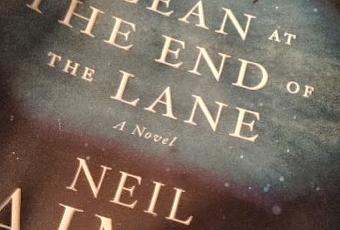

This idea of hidden worlds and different perceptions is passionately explored. The problem with this is succinctly put by Lettie herself : “The truth is, there aren’t any grown-ups in all of forever.” The play is an extended lesson in realising we’re all, children and adults alike, putting on a performance and our appearances can be thoroughly deceiving. When he and Lettie accidentally unleash a dangerous magical being that immediately moves into his house as a beautiful woman and takes over his family, he finds there’s a lot of growing up to do. While Dad deals with the police, Boy is cared for in a nearby farmhouse by Lettie Hempstock, who may be another 12 year old or may be an ancient mystical force, and his world turns to one of adventure, magic, danger and bravery.

Told as an extended flashback on the day of Dad’s funeral, it mainly takes place in 1983 after Dad and Boy (on his 12th birthday) find the body of their lodger after he committed suicide on a remote country lane.

The Ocean at the End of the Lane sits at this wonderful intersection of growing-up, magic, imagination and memory.This is a hugely ambitious and beautifully rendered story about a family dealing with trauma and the fantastical happenings that take place as the Boy works through it. What age do we stop playing? At which point in our maturity do we lose interest in running around a forest pretending to be Robin Hood, pretending there are dinosaurs in the garden, thinking the floor is lava or that we are actually, today, literally a knight in armour?


 0 kommentar(er)
0 kommentar(er)
